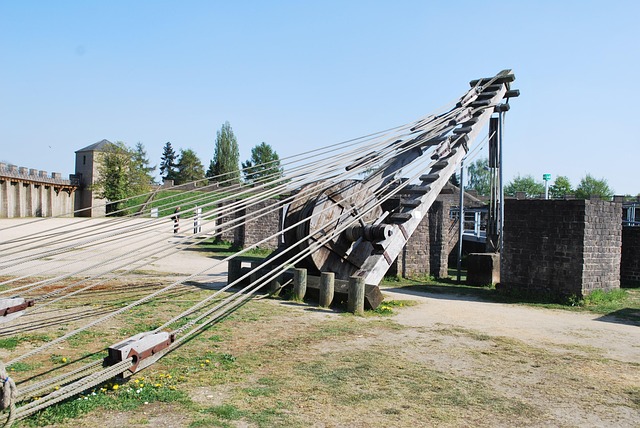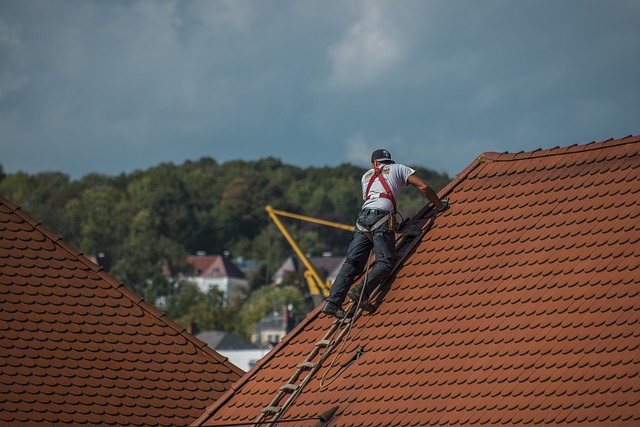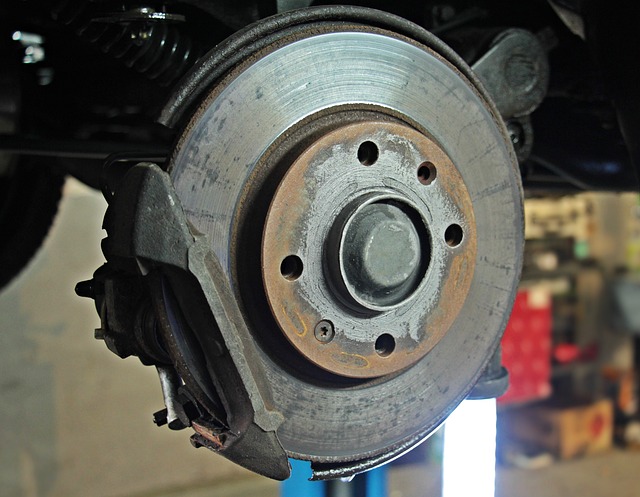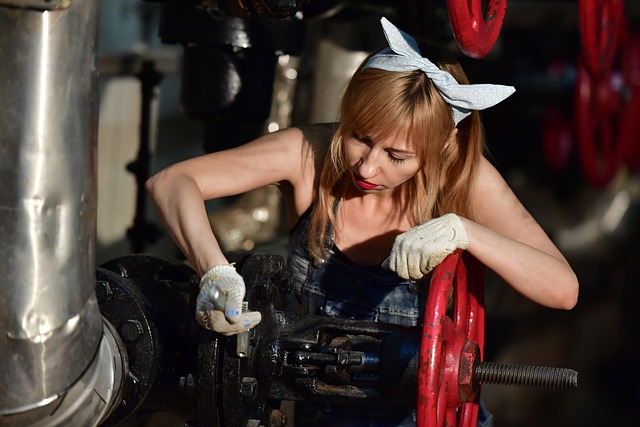Foundation Repair Specialists address critical soil conditions impacting building foundations, ensuring structural integrity and longevity. They combat issues like expansive clay, poor compaction, high water tables, and inadequate drainage through specialized techniques such as chemical stabilization, soil modification, and reinforcement with geotechnical membranes. By understanding soil mechanics and implementing tailored treatments, these experts enhance bearing capacity, mitigate movement, reduce water infiltration, and safeguard foundations from environmental stressors, ultimately preserving building integrity for the long term.
Soil treatment is an essential aspect of foundation health, often overlooked yet crucial. This article delves into the intricacies of soil management for robust foundations, guiding you through understanding soil conditions, identifying common issues, and exploring effective stabilization techniques. Learn how Foundation Repair Specialists play a pivotal role in navigating these challenges. Discover long-term solutions and best practices to maintain structural integrity, ensuring your foundation stands strong against soil-related problems.
Understanding Soil Conditions for Foundation Health

Understanding the soil conditions is a critical step in ensuring the health and longevity of your foundation. Soil, as the base upon which your home or building stands, plays a pivotal role in structural integrity. Different types of soil have varying properties; some are more stable and supportive, while others can be prone to shifting and settling over time. This natural movement can lead to cracks in foundations, uneven floors, and other structural issues that require attention from Foundation Repair Specialists.
Factors like moisture content, compaction, and the presence of organic materials significantly influence soil stability. Moist, uncompacted soils are more susceptible to expansion and contraction with changing weather conditions, potentially causing significant stress on foundation walls. Conversely, compacted soils can offer better support but may also trap moisture, leading to corrosion of reinforcing steel bars. Foundation Repair Specialists employ various techniques to evaluate and treat these conditions, such as drainage solutions, soil stabilization methods, and even deep foundation enhancements, to ensure a robust and durable foundation for any structure.
Common Soil Issues Affecting Foundations

Soil issues can significantly impact the integrity and strength of foundations, making it crucial for foundation repair specialists to address these problems promptly. Common challenges include poor soil compaction, which leads to settling and cracks, and high water tables that cause hydrostatic pressure, resulting in bowing walls and other structural damage. Additionally, expansive soils, known for swelling and contracting with moisture changes, can exert immense force on foundations, causing heaving and differential settling. These issues are often exacerbated by poor soil drainage, which leads to water accumulation around the foundation, further compromising its stability.
Foundation repair specialists employ various techniques to mitigate these problems, such as soil stabilization methods that improve compaction and reduce settlement, including chemical or mechanical stabilization. Drainage solutions, like installing French drains or sump pumps, address water accumulation concerns. For expansive soils, experts may recommend piering or underpinning to stabilize the ground and prevent further damage. These strategies not only strengthen foundations but also extend their lifespan, ensuring structures remain secure and safe for years to come.
Techniques for Soil Stabilization and Treatment

Soil stabilization and treatment are essential techniques employed by foundation repair specialists to enhance the structural integrity of buildings. These methods are particularly crucial for areas with poor soil conditions, such as expansive clay or loose sandy soils, which can lead to settlement and damage over time. One effective approach is chemical soil stabilization, where specialized chemicals are injected into the soil to improve its bearing capacity and reduce movement. This process strengthens the soil, ensuring a more stable foundation for structures.
Another widely used technique is soil modification, involving physical changes to the soil structure. This includes methods like soil cementation, where additives are mixed with soil to increase its strength and durability. Additionally, geotechnical membranes or mesh can be installed to enhance soil stability by providing extra support and preventing erosion. Foundation repair specialists carefully assess the site and choose the most suitable techniques for specific projects, ensuring long-term structural safety and peace of mind for building owners.
The Role of Foundation Repair Specialists in Soil Management

When it comes to soil management for foundation strength, Foundation Repair Specialists play a pivotal role. These experts are trained in assessing and addressing the unique challenges posed by different soil types, which significantly impact the stability and longevity of structures. By understanding soil mechanics, they can identify potential issues like settlement, heave, or compression that may occur due to variations in soil composition.
Their expertise lies in implementing effective soil treatment strategies tailored to specific sites. This includes techniques such as soil stabilization, improvement, and reinforcement. Foundation Repair Specialists employ advanced methods to enhance soil bearing capacity, reduce water infiltration, and mitigate the effects of erosion, thereby fortifying the foundation against environmental stressors. Their involvement ensures that any soil-related problems are addressed proactively, contributing to the overall integrity and safety of buildings.
Long-term Solutions for Soil-related Foundation Problems

When dealing with soil-related foundation problems, long-term solutions require a deep understanding of the unique challenges posed by different soil types. Foundation repair specialists employ various techniques to mitigate issues like settlement, heave, and shifting, which are often exacerbated by poorly compacted soils, high water tables, or excessive moisture content. One effective approach is soil stabilization, where additives are introduced to enhance soil strength and reduce its sensitivity to environmental changes.
This process involves specialized treatments such as deep injection of polymers or cement-based stabilizers to strengthen the existing soil mass. By reinforcing the foundation’s support system, these methods offer durable solutions that can prevent future movement and extend the lifespan of structures. Foundation repair specialists also recommend regular monitoring and maintenance to address any emerging issues promptly, ensuring the structural integrity of buildings for years to come.
Best Practices for Maintaining a Strong Foundation Through Soil Care

Maintaining a strong foundation is an ongoing process that requires proper soil care. Foundation repair specialists recommend regular assessments and proactive treatments to prevent long-term damage. One of the best practices is ensuring adequate drainage by addressing any water pooling around the structure, as stagnant water can weaken the soil support. Regularly testing and amending the soil with nutrients suitable for your region can also improve its stability and resilience against shifting.
Additionally, controlling vegetation growth near foundation walls is essential. Roots from nearby trees or shrubs can exert significant pressure on the foundation, leading to cracks or uneven settling. Keep plants at a safe distance and consider using organic barriers to deter invasive roots. Regular inspection for signs of soil movement or water intrusion and addressing them promptly are key practices in maintaining a robust foundation.
